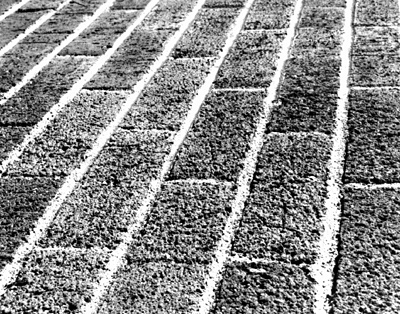All Nonfiction
- Bullying
- Books
- Academic
- Author Interviews
- Celebrity interviews
- College Articles
- College Essays
- Educator of the Year
- Heroes
- Interviews
- Memoir
- Personal Experience
- Sports
- Travel & Culture
All Opinions
- Bullying
- Current Events / Politics
- Discrimination
- Drugs / Alcohol / Smoking
- Entertainment / Celebrities
- Environment
- Love / Relationships
- Movies / Music / TV
- Pop Culture / Trends
- School / College
- Social Issues / Civics
- Spirituality / Religion
- Sports / Hobbies
All Hot Topics
- Bullying
- Community Service
- Environment
- Health
- Letters to the Editor
- Pride & Prejudice
- What Matters
- Back
Summer Guide
- Program Links
- Program Reviews
- Back
College Guide
- College Links
- College Reviews
- College Essays
- College Articles
- Back
Capitalism and Communism
In The Communist Manifesto, Marx describes how the capitalist bourgeoisie, owners of the means of social production, exploit the proletariats. A capitalist society only enables those with property, or those that own the means of production to succeed. Proletariats are affected in many ways by this abuse. When capitalism controls society laborers are nothing but “a commodity ,” according to Marx and Engels. The obvious answer provided by The Communist Manifesto, communism. The Theory of Communists is abolition of private property . Communists believe everyone has equal rights if the state of proletarians, as a whole, share control of industry and wealth. Social classes would disappear. To make an equal communist economy possible the bourgeois must be disabled. The time for proletarians to create wealth for capitalists and get nothing in return should end. The people need a revolution!
For a revolution to take place, Marx and Engels need the working class citizens, the laborers, to be angered. A civil war within a nation would build until it explodes into an open revolution. Marx encourages a “violent overthrow ” of the bourgeoisie. Communists hope to reach their goal with the help of the socialists with political power. Socialism is primarily an economic system that can exist in various forms under a wide range of political systems while communism is an all-consuming political system. Socialism varies from communism, although the two share some beliefs, a common goal. Both agree that production advancements should benefit society as a whole. A revolution would help to unite the proletariats as a class. After power is seized, changes in how governmental powers are distributed would be applied. Once the proletariats are organized they can be defined as the ruling class, or state. All political offices would essentially be dissolved. Social classes would disappear.
With the creation of one single class labor would be shared equally, and capitalism could not function. Control of production is placed in the hands of the state and all instruments of production will be centralized . The revolution would eliminate the “false gods of liberal individualism: Private property and the market ”. Marx claims a nation can move on from a capitalist economy. A capitalist economy is necessary, but short lived and can be disposed of after strong industries are established. The Manifesto pushes for the abolition of private property, profit, the market, and money. As equals, citizens could lead better lives. Although an exact vision is never stated, education in schools would improve and life at home would be pleasant. Families could flourish and grow without fear of economic struggle. Communism allows everyone the same educational opportunities. Labor has no set wage value, so capital is eliminated from the economy.
All land, industry, labor, and wealth would be shared. In time, all workers from neighboring nations could unite as a whole. According to Marx the working men have no country. “The proletarians have nothing to lose but their chains. They have the world to win.”

Similar Articles
JOIN THE DISCUSSION
This article has 0 comments.
